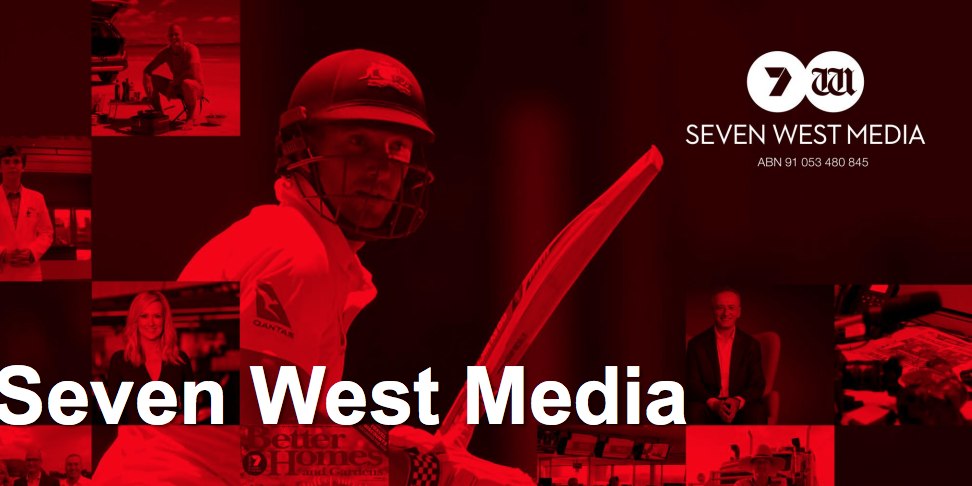Seven posts $134.89m profit, after a 7% reduction in staff
Seven West Media appears to have turned its fortunes around, announcing a $134.89m profit to the ASX this morning, following a $745m loss last fiscal year.
Even though revenue was down slightly on last financial year – $1.62bn, compared to $1.67bn – multi-million-dollar cost-cutting exercises and a reduction in net debt helped the company.



The amount of staff you have in your business won’t matter when demand is high and growing for emerging platforms especially for advertising.
But like measuring organic versus manufactured growth for programmatic